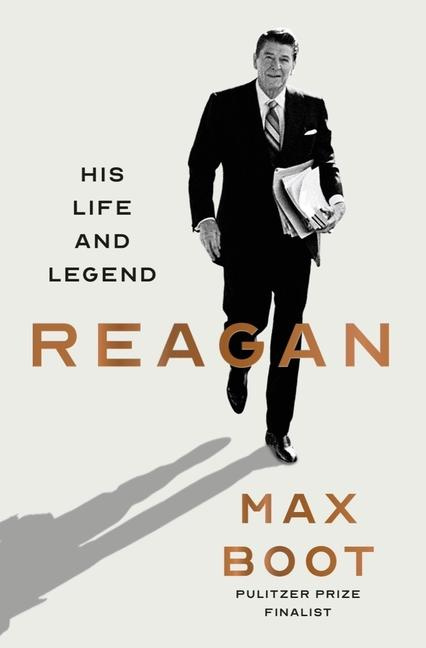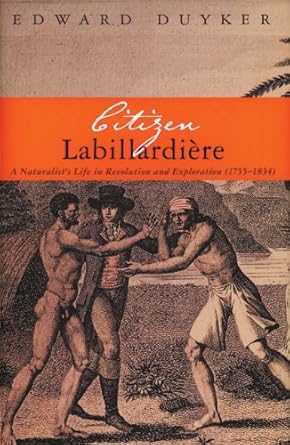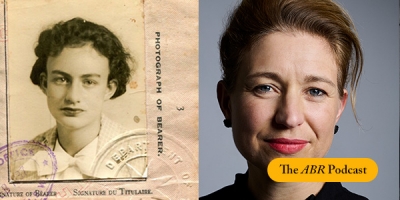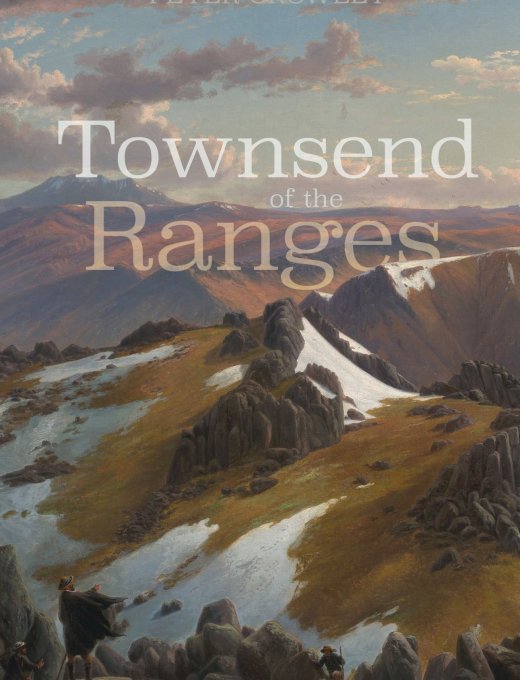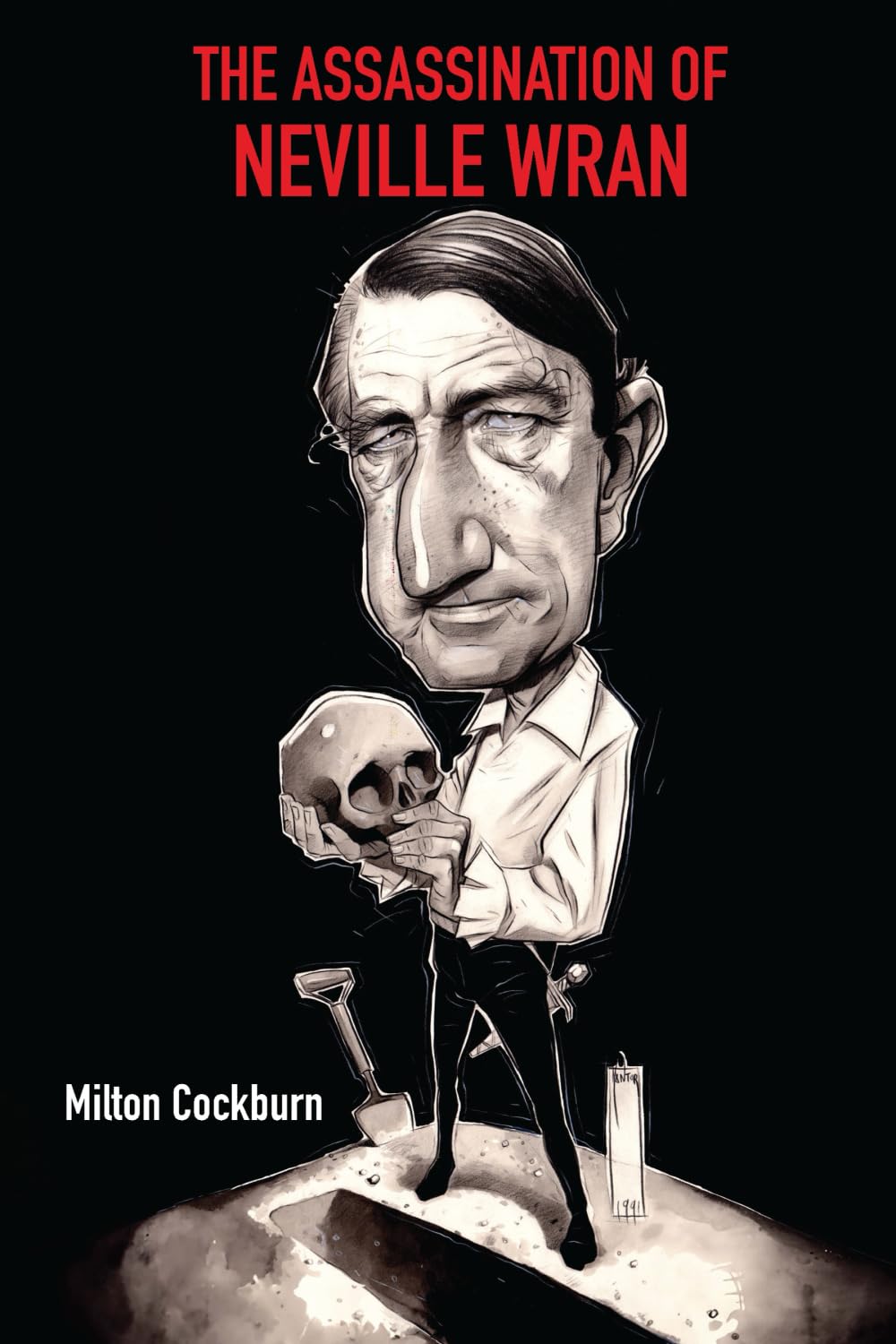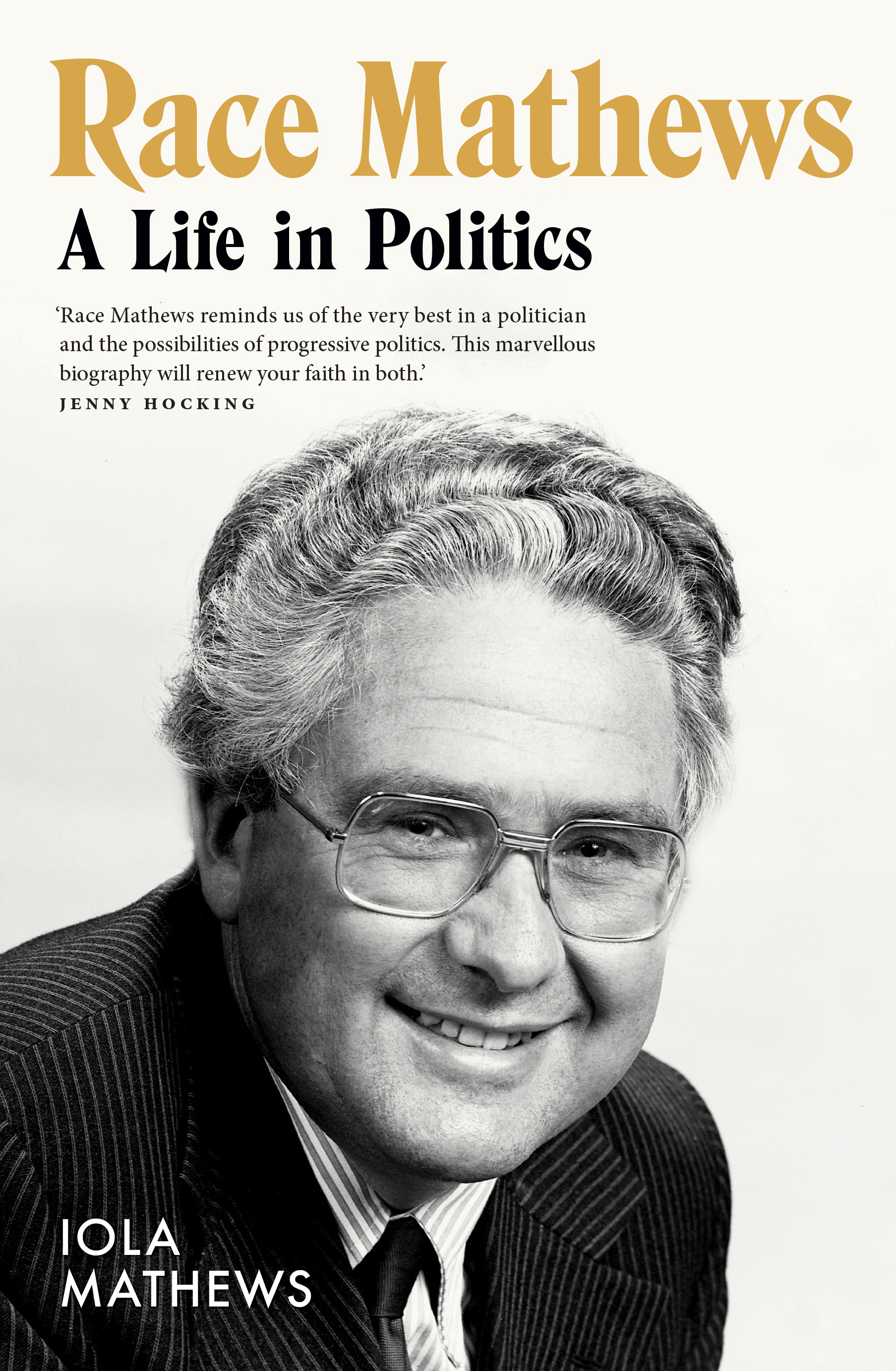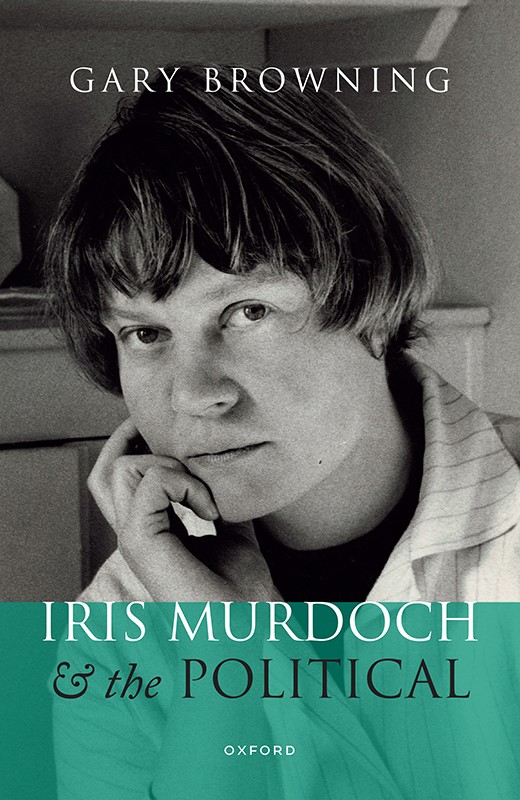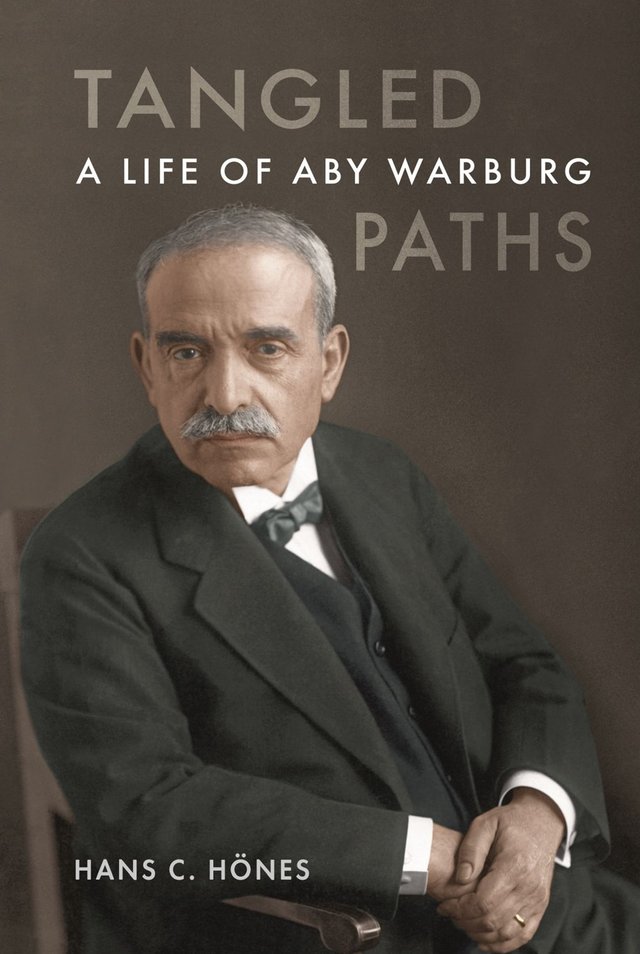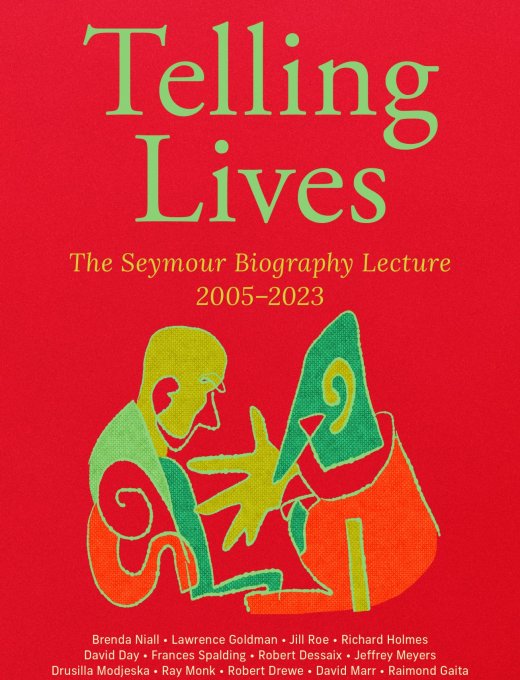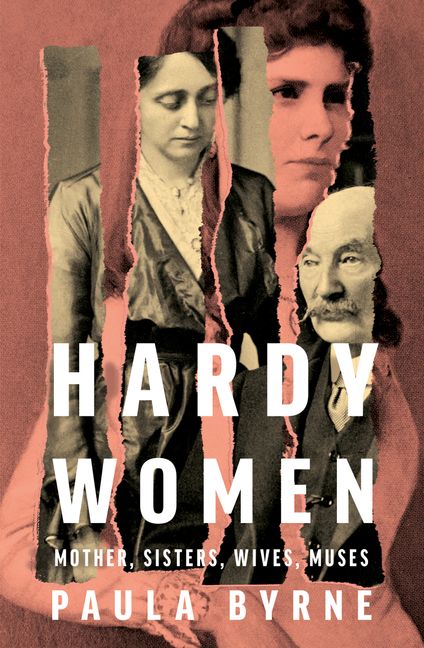Biography
When Ronald Reagan died in 2004, Americans of every kind, ‘in rows three to five deep, thronged Pennsylvania Avenue to catch a glimpse of this melancholy but historic funeral procession’. In a note the presidential historian Richard Norton Smith wrote to Reagan’s widow, Nancy, he assured her that ‘their grief was equalled by their gratitude for a life that had become synonymous in their eyes with the nation itself’.
... (read more)Citizen Labillardière: A naturalist’s life in revolution and exploration (1755-1834) by Edward Duyker
We who have a colonial past may not remember, nor want to remember, that our forebears had an attitude towards the French something akin to the attitude currently being shown towards them by those thugs in the White House and the US fast-food chains who have declared that they will stop adding to global obesity with ‘french fries’ and do it instead with ‘freedom fries’.
Our French past – our brilliant French past – has been sadly neglected. Possibly because, as one of our first people sharply observed, ‘Too many Captain Cooks’, but also be-cause old political hatreds dig deep and last long. We owe much to a small band of scholars – notably Edward Duyker – who have virtually grabbed us by the back of the neck and said: ‘Look at these people. They are your history. You will see their names all over the continent. You can’t go far into the bush without seeing a plant, a tree or an animal that these Frenchmen have put on the Tree of Knowledge.’ Duyker might add: ‘Look at the floral emblems of Victoria, Tasmania, Western Australia and the emblem for the Centenary of Federation, you will ... (read more)This week on The ABR Podcast, Georgina Arnott discusses the dilemmas of writing an entry on Judith Wright for the Australian Dictionary of Biography. Georgina Arnott is the author of The Unknown Judith Wright, editor of Judith Wright: Selected Writings, and Assistant Editor at ABR. Listen to Georgina Arnott’s ‘“Shimmering multiple and multitude”: Keeping up with Judith Wright’, published in the January-February issue of ABR.
... (read more)This is a brave book, for it is the biography of a phantom. Archives hold ample evidence of the many professional achievements of the surveyor Thomas Scott Townsend, but of him personally almost nothing is known. Townsend left little trace of his passions, frustrations, or loves, the substance that animates biographies. A letter that Townsend wrote to his brother in 1839 is the only item of his private correspondence known to exist. And yet somehow the book works, and brilliantly so. Peter Crowley has written a compelling account of a remarkable figure in Australian history.
... (read more)Neville Wran (1926-2014) was a great Australian success story. His early childhood was spent in the Sydney suburb of Balmain, long before it was gentrified. He won a scholarship to study at the selective Fort Street Boys’ High School and then completed a law degree at Sydney University. Wran subsequently enjoyed a lucrative career as a Sydney lawyer, ultimately becoming a Queen’s Counsel (1968).
... (read more)I first encountered Race Mathews in the early 2000s, around the time of the publication of my biography of Jim Cairns. He struck me as reserved and cerebral, but generous. As national secretary of the Australian Fabian Society, he invited me to deliver a talk about the biography at the Melbourne Trades Hall. Following Cairns’s death in late 2003, Mathews initiated a Jim Cairns Memorial Lecture as a joint endeavour between the Fabian Society and several university ALP clubs. What struck me about this was that Mathews and Cairns had been from different wings of the Labor Party, the former probably the most fervent disciple of Gough Whitlam, a philosophical and leadership rival to Cairns, and yet here he was helping to preserve the memory of Cairns. It suggested a refreshing ecumenicalism, an open-minded, enquiring spirit.
... (read more)In a letter to her friend Raymond Queneau in 1946, the twenty-seven-year-old Iris Murdoch asked, ‘Can I really exploit the advantages (instead of suffering the disadvantages) of having a mind on the border of philosophy, literature and politics?’ Well known as a philosopher and a novelist, Murdoch is less likely to be thought of as a political writer, though Gary Browning claims it to be the ‘simple truth’.
... (read more)Aby Warburg (1866-1929) was an influential figure in the academic development of interdisciplinary studies during the early years of the twentieth century, and Hans Hönes’s excellent new biography charts the contributions and contradictions of Warburg’s life and work. Born into an immensely rich banking family in Germany, Warburg nevertheless resisted the expectations associated with his Jewish family background and, despite his grandmother’s hope that he might become a rabbi, opted to carve out for himself a career in humanities scholarship.
... (read more)Telling Lives: The Seymour Biography Lecture 2005-2023 edited by Chris Wallace
In her Preface to Telling Lives, editor Chris Wallace invites the reader to join a thought experiment: a group of biographer-refugees, driven by earthly global warming to reside on planet Alpha Centauri, ask themselves: ‘Did biographers play a role in the downfall of Homo sapiens on Earth?’ Were they, in other words, complicit in the culture of disinformation that contributed to global catastrophe? Writing in the ‘post-truth era’, Wallace highlights the centrality of truth in what has traditionally been termed the ‘biographical contract’.
... (read more)We look to literary biography to understand how works of literature came into being and made their way in the world. But how much can we learn about the processes of artistic creativity from biography when the public self of the author almost completely effaces the private self of the writer: when we are left wondering how this person, of all people, could have created the works that bear their name?
... (read more)

